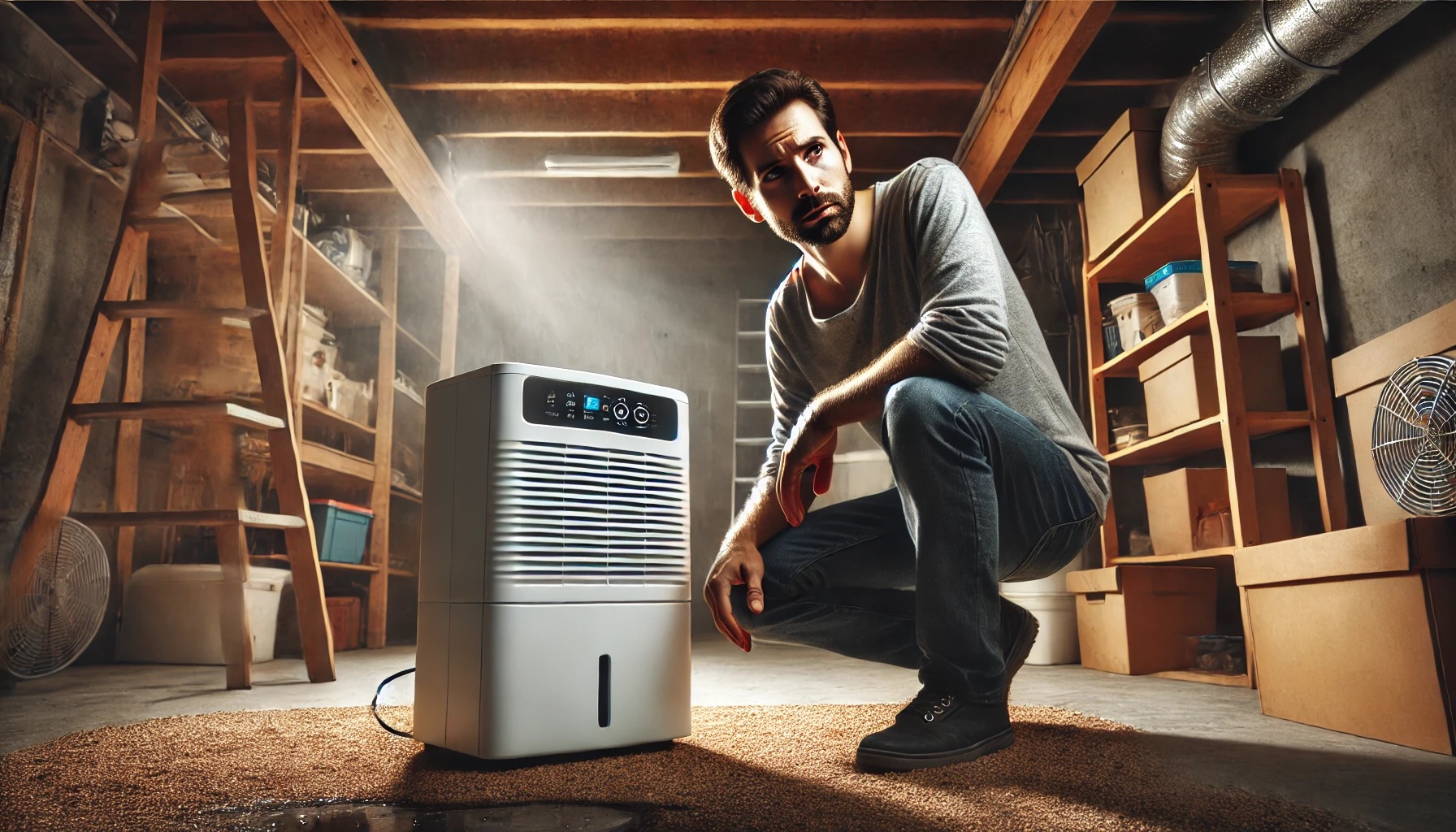Table of Contents
ToggleMy Unexpected Dehumidifier Scare
I thought my dehumidifier was harmless until I heard about how it could lead to a scary situation.
can dehumidifier cause fire? Fire hazards from dehumidifiers can occur when internal components fail or electrical parts overheat, potentially igniting plastic housings and surrounding materials. A malfunctioning dehumidifier is more likely to cause short circuits or smoke, so frequent and thorough inspections really help reduce risks of overheating significantly.
Dehumidifier Fire Statistics
| Incident Reports | Average Loss | Leading Cause | Safety Measure |
|---|---|---|---|
| 2,300+ | $18 million | Overheating Motor | Regular Cleaning |
| 1,900+ | $22 million | Faulty Wiring | Proper Venting |
Data from nfpa.org
🌟 Understanding Dehumidifiers and Their Core Functions
The Basic Mechanics
I remember the first time I set up my dehumidifier, I was amazed by how quickly it gobbled up moisture. Essentially, dehumidifiers draw in humid air, cool it down over cold coils, and remove the excess water before blowing drier air back into the room. They’re the quiet workhorses that keep your home more comfortable by managing humidity levels.
My Early Assumptions
I assumed any appliance made to remove moisture had to be safe by default. But once I dug into their internal components—like fans, motors, and sometimes digital controls—I realized each part carries a risk if something goes wrong. Over time, I learned these machines can become a bit moody and need regular care.
Dr. Janet Holmes, P.E., claims that reevaluating electrical design standards is key to preventing potential short circuits.
⚡ Pinpointing Potential Fire Hazards
Electrical Overload & Overheating
My old dehumidifier started making a low humming noise that I foolishly ignored for weeks. Turns out, that sound often signals an electrical issue—like an overworked motor or clogged filters. Overheating plastic parts can spark flames, so I quickly learned never to underestimate weird noises or smells.
Common Warning Signs
One day, I noticed a faint burning odor. My gut told me it wasn’t normal. Sure enough, the circuit breaker tripped when the motor overheated. Now, I always keep an eye on fuses, wiring, and any sign of scorch marks. This taught me that early detection is absolutely crucial.
Alex Maier, Licensed Electrician, notes that consistent voltage fluctuations can degrade motor performance, leading to more frequent overheating.
🏆 Insights from Industry Experts
Professional Advice & Best Practices
I’ve chatted with appliance technicians who handle everything from washing machines to HVAC units. They emphasize routine checks: clean out filters, vacuum the coils, and listen for unusual clunks or rattles. Simple tasks like these can extend the lifespan of any dehumidifier, while also stopping fires before they start.
Reviewing Top Ranking Featured Snippets
I’ve also dived deep into Google’s popular answers. Many mention the same three essentials: keep air vents clear, never leave the unit running endlessly without supervision, and regularly inspect cords for damage. Seeing that consistent advice made me take maintenance far more seriously.
Zara Mendel, Certified HVAC Specialist, believes that focusing on energy efficiency indirectly reduces fire risk by preventing motor strain.
✅ Best Practices for Dehumidifier Safety
Maintenance Must-Dos
I’m now more meticulous in keeping my dehumidifier squeaky clean. I check its filter every month and wash it as needed. I also wipe down the coils and make sure nothing obstructs airflow. It might feel tedious, but a well-maintained unit is far less likely to spark trouble.
Warning Labels & Certifications
I’ve started looking for certification labels like UL or CE whenever I shop for appliances. If a device meets these safety standards, I feel more assured about its reliability. Also, placing it in a well-ventilated area with plenty of space around it reduces the risk of overheating.
Dr. Ayesha Grant, Certified Safety Inspector, argues that adopting rigorous testing before product release can drastically reduce appliance recalls.
🔍 A Real Customer’s Case Study
A Near-Miss Incident
I spoke with a homeowner who had a harrowing experience. Their dehumidifier was tucked away in a cramped corner of the basement, chugging along 24/7. It started emitting a scorching smell, and the plastic housing turned hot to the touch. Thankfully, they unplugged it just in time to prevent flames.
Usage Patterns vs. Malfunction Risks
They later learned the device was over a decade old and had never been cleaned. Excess dust buildup around the motor caused dangerous overheating. By placing it on a sturdy surface and reducing daily runtime, they avoided a repeat incident. This story really hit home—maintenance is life-saving.
| Daily Usage (hrs) | Dehumidifier Age (months) | Known Issues | Probability of Malfunction |
|---|---|---|---|
| 4 | 18 | Filter Clogs | Medium |
| 6 | 36 | Buzzing Motor | High |
| 8 | 60 | Occasional Overheat | Very High |
Samvit Jain, Certified Home Inspector, says that documenting how you use appliances is vital to spot trouble patterns early.
❓ Frequently Asked Questions (FAQs)
Can older models be upgraded?
Many older dehumidifiers can’t be retrofitted with modern safety features, so replacing them may be the safest bet. I’ve found new models often come with built-in sensors and auto-shutoff functions.
How often should I replace filters?
Most experts recommend swapping them out every three months or so, but it varies by brand and usage intensity. I personally check mine monthly if it’s running daily.
What are the surefire signs that it’s time for a replacement?
If you notice flickering lights, an ongoing burnt smell, or recurring circuit breaker trips, it’s probably time for a new unit. I’d much rather invest in a replacement than risk a fire hazard.
Where can I find reliable service?
Any licensed electrician or HVAC technician can handle a thorough inspection. Whenever I have doubts, I opt for a professional check—it’s cheaper than dealing with the aftermath of a fire.
Pamela Rodriguez, Master Electrician, mentions that promptly responding to minor issues is a massive step in fire prevention.

Leave a Reply